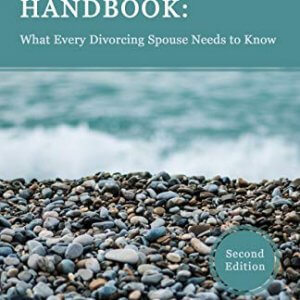Husband Must Pay Alimony Despite Claim of Business Expenses

Tennessee Divorce Client’s Handbook | Second Edition
Tennessee alimony divorce case summary after 27 years married.
Erin Alford Fuller v. Roger Darnell Fuller
The husband and wife in this Bradley County, Tennessee, case were married in California in 1988 and had two children, both of whom reached the age of majority. In 2014, the wife filed for divorce, and the case went to trial in 2015. The husband brought a first appeal to the Tennessee Court of Appeals. The court remanded the case for a re-determination of the husband’s income. The appeals court instructed the court to deduct the husband’s ordinary and necessary business expenses. It also noted that any trail income from the husband’s business was already divided as a marital asset, and should not be considered part of the husband’s ongoing income.
The case was remanded. Since the trail income was included in the determination after remand, the Court of Appeals remanded the case for yet another determination. The appeals court then turned to the husband’s appeal of the award of alimony. The lower court had awarded the wife $1,500 per month alimony in futuro, and the husband argued that this was inappropriate.
The husband also appealed the award of alimony. In making this determination on remand, the lower court had experienced difficulty because it did not believe the husband’s tax returns were credible. The court felt that the tax returns conflicted with the budget of the business. In particular, it found that over $30,000 in deductions were not supported by the record. Therefore, it included these amounts in the husband’s income. The husband then brought a second appeal to the Tennessee Court of Appeals.
The appeals court first noted that the trial court has a great deal of discretion when it comes to setting alimony, because this is a very fact intensive determination. The court then turned to the relevant statute, which lays out the factors to be employed in setting alimony.
In particular, the Court of Appeals believed that the most relevant factors were the length of the marriage and the lifestyle during the marriage. It also noted that the husband earned much more than the wife.
After addressing all of the evidence, the Court of Appeals agreed with the lower court’s determination and affirmed the award. It remanded the case for the collection of costs.
No. E2018-01003-COA-R3-CV (Tenn. Ct. App. Jul. 10, 2019).
See original opinion for exact language. Legal citations omitted.
To learn more, see Alimony Law in Tennessee.









